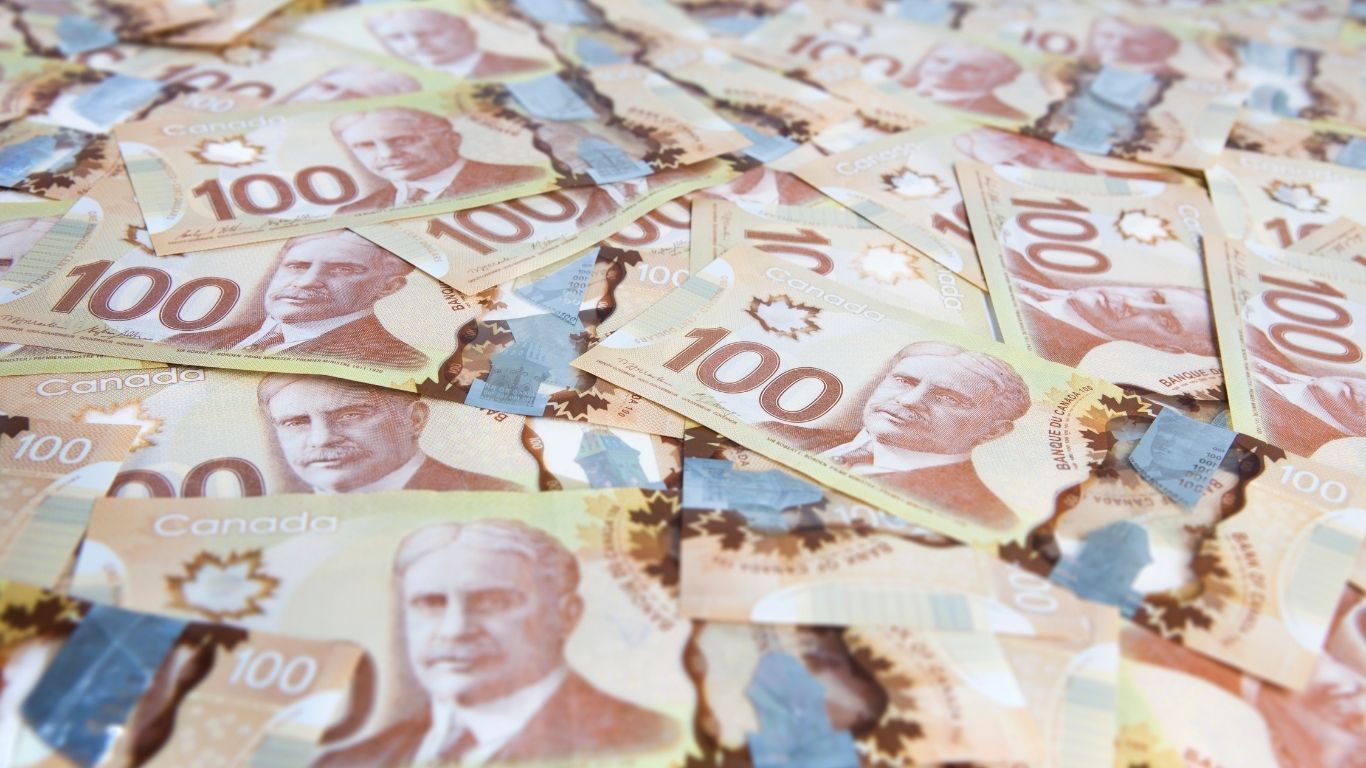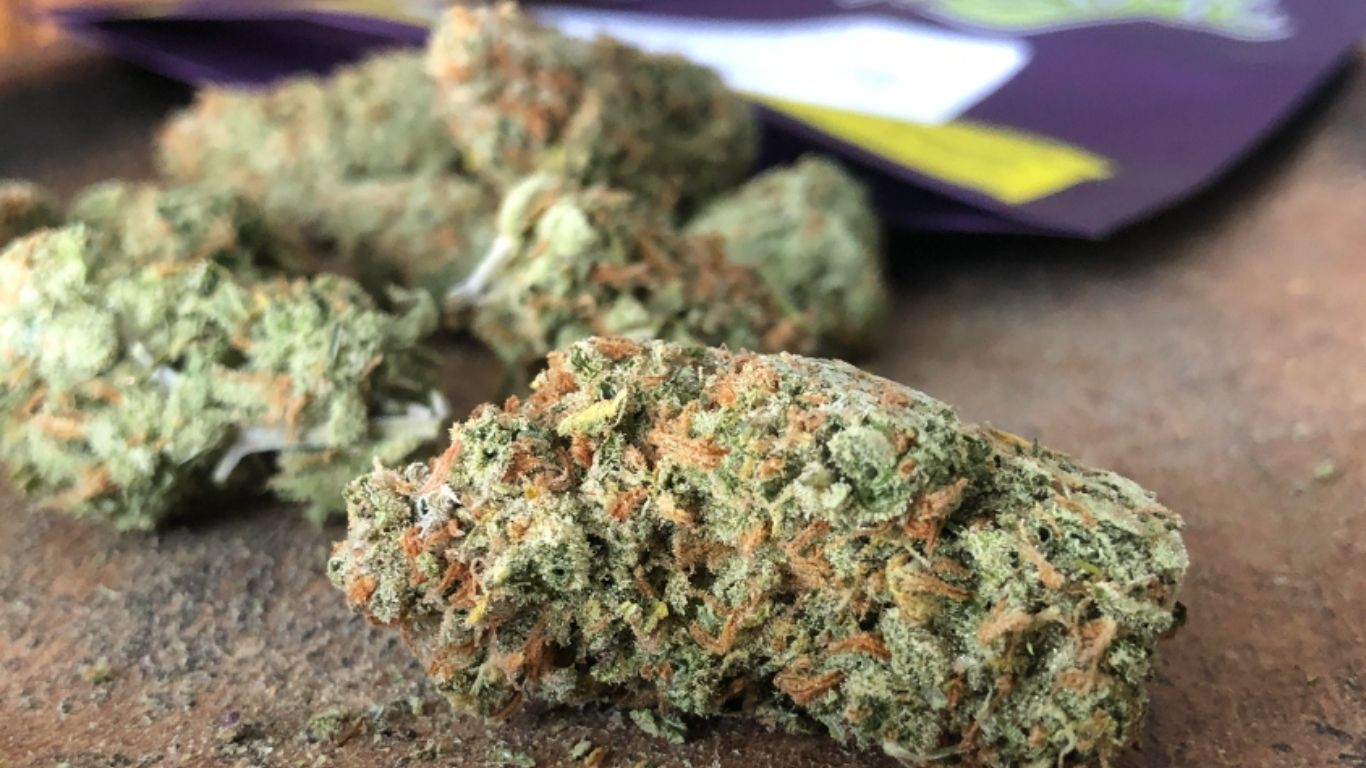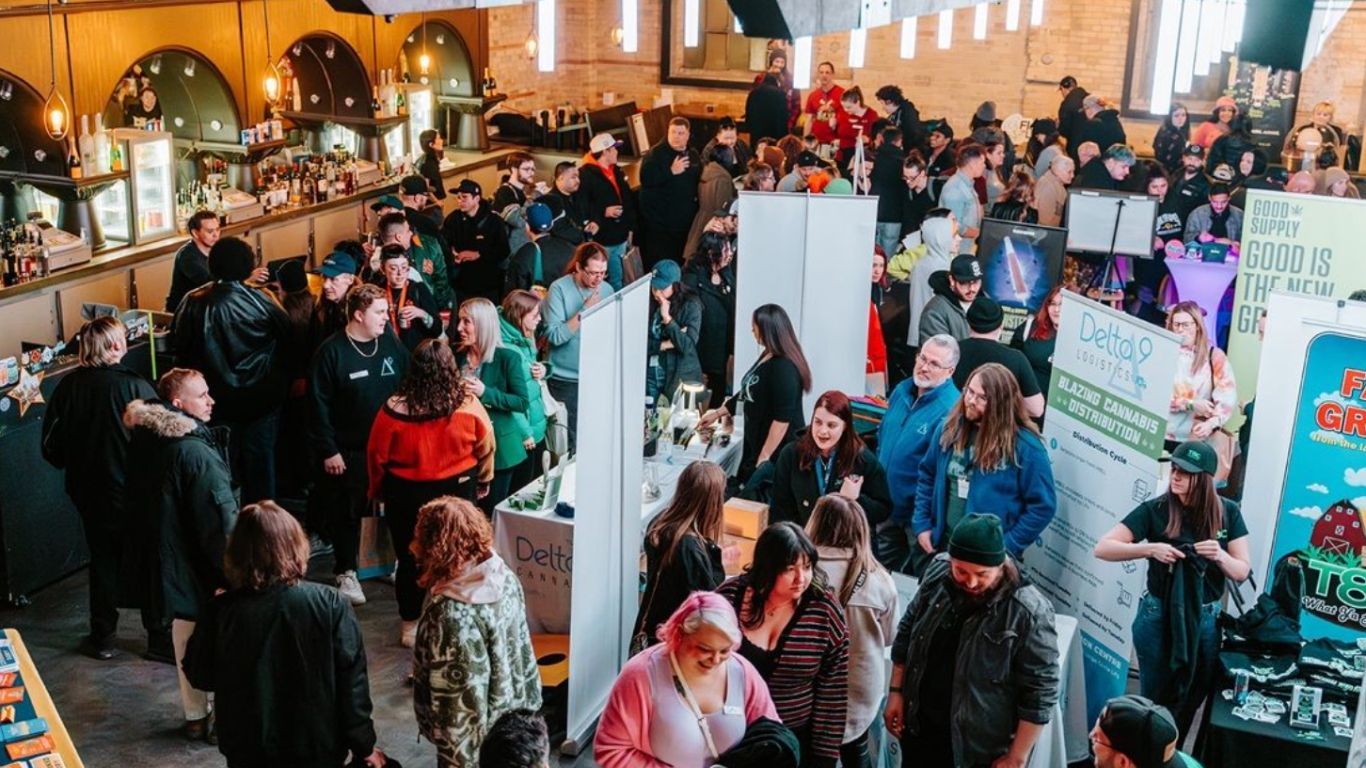
Cannabis NB’s newest quarterly report shows a profit of $3.3 million from sales of $20.1 million, as the fate of network of the provincial cannabis store remains unknown.
Today’s second quarterly report for fiscal 2020-2021 yet again shows the agency running a profit. There are currently 20 cannabis retail locations in New Brunswick, run by Cannabis NB, who also manages distribution in the province.
Finance Minister Ernie Steeves said last November that part of the reason for the potential move to privatize was because the province was supposedly losing money because it had not yet recouped their initial startup costs. However, since that time Cannabis NB has shown a significant profit.
There are currently 20 cannabis retail locations in New Brunswick, run by Cannabis NB, who also manages distribution in the province.
On November 14 of last year, the New Brunswick Government issued a request for proposals (RFP) for a “single private operator” to take over the operation, distribution and sales of recreational cannabis in New Brunswick. A week after that, the province introduced amendments to their provincial regulations to allow the potential change from the current provincially-owned model.
In January, the province announced they had received proposals from eight prospective companies: Canopy Growth; Fire & Flower; Green Stop Cannabis; Kiaro Brands.; Loblaw Companies; New Brunswick Association of Cannabis Distributors; RS NB; and YSS Corp.
“This was the best way to stop losing money at this point,” Steeves said at the time. “We are responsible for the taxpayers’ money, and we have to be prudent with it.”
“We said we would fix our business and we have,” said Cannabis NB President and CEO Patrick Parent. “Our year to date results are showing that we now have a very profitable and sustainable business. I believe Cannabis NB will only continue to grow, remain profitable and offer New Brunswickers the best return on their investment in us.”
In September, Jennifer Vienneau Director of Communications for the New Brunswick Finance Treasury Board told StratCann that an update on the decision to privatize Cannabis NB would come following the swearing in of a new government. That swearing in took place earlier this week.
“The Government of New Brunswick continues in a caretaker role until the new government is sworn-in. An update on the process will be available after such time”, wrote Vienneau in an email.
Cannabis NB’s net-profit for the fiscal to date is $4.6 million. The EBITDA growth year over year is $8.3 million which was driven by an increase in gross profit of $6.1 million (81.4 per cent) and a corresponding decrease in operating expenses of $2.1 million (24.1 per cent).
Key trends for the second quarter (June 29, 2020 – September 27, 2020) compared to the second quarter of last year (July 1, 2019 to September 29, 2019) were:
- Online sales represented 1.7 per cent of sales for the quarter compared to 1.1 per cent last year.
- In store sales represented 98.3 per cent of sales for the quarter compared to 98.9 per cent last year.
- Dried flower sales increased 53.4 per cent, up by $4.8 million.
- Accessories sales increased 71.0 per cent, up by $0.3 million.
- Extracts sales decreased 6.3 per cent, down by $0.08 million.
- Concentrates represented 16.1 per cent of sales for the quarter at $3.2 million.
- Edibles represented 4.9 per cent of sales for the quarter at $1.0 million.
- Topicals represented 0.3 per cent of sales for the quarter at $0.06 million.
New Brunswick’s move to potentially privatize cannabis distribution and sales comes after a change in leadership in the province, when the Progressive Conservatives and the People’s Alliance joined forces to defeat Premier Liberal Brian Gallant’s minority government via a non confidence vote. The New Brunswick Liberal Party is the government that established the distribution and retail model in the province.
Currently, all provinces and territories in Canada have a provincially-run distributor except for Saskatchewan and Nunavut. Alberta, Saskatchewan, Manitoba, Ontario and Yukon have exclusively private retail stores, while BC has a mixed model of public and private stores. Quebec, PEI and Nova Scotia have publicly run stores. The Northwest Territories have no physical retail stores, but sell online through the government distributor. Nunavut recently opened their territory up to private retailers.
Ontario cannabis market continues to expand as new stores are added










